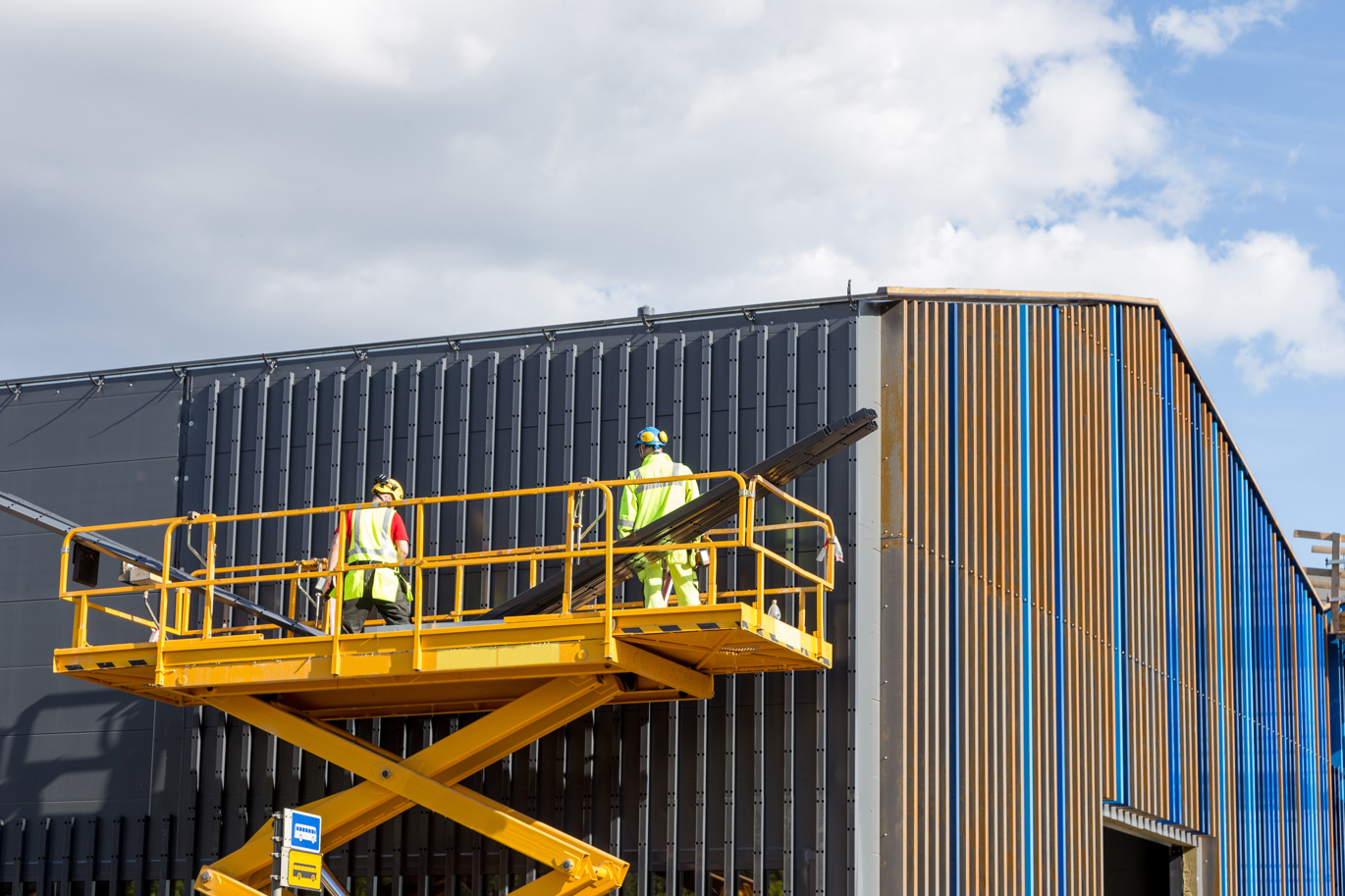Proof Load Testing
It is important to schedule regular maintenance checks for lifting equipment to identify any potential issues before they become a safety hazard. ISI’s Proof Load Testing can ensure that equipment is always safe and fit for purpose.
A Proof Load Test is designed to give a full-strength test to items of lifting equipment. This will determine that the equipment can perform to the required standard per the manufacturer's guidance. Proof Load Testing is often needed in addition to the statutory requirements, e.g. LOLER regulations.
When is a Proof Load Test Required?
Proof Load Testing is required following the installation of any lifting equipment - before the item is brought into service.
There may be other times in the equipment’s life when a Proof Load Test is required, examples include:
- Following a weld repair to a structural member
- After a complete overhaul
- Following an incident
- Periodic lifting equipment testing may be specified in some British standards, e.g. BS7121, applicable to lorry loader cranes

What Are The Risks of Not Carrying Out Proof Load Testing?
Proof Load Testing is not always a statutory requirement. However, failure to carry out these tests periodically can cause a number of potential risks. These include:
- Inadequate structural stability resulting in collapse or failure
- Fines and legal issues for not meeting safety standards
- Unsuitability to not withstand natural disasters/forces of nature
- Not meeting manufacturer’s warranty requirements leading to costly repairs or replacement

Inspection & Testing Services for
Cranes & Other Lifting Equipment
ISI provides Proof Load Testing for cranes and other types of lifting equipment with certification. Our experts can conduct testing on-site or at ISI's Test House for the following equipment:
- Chain Blocks
- Chains
- Excavators
- Forklift trucks
- Gantries
- Hoists
- Jacks
- Jib cranes
- Lifting equipment
- Lifting tackle
- Lorry loaders
- Mobile access platforms
- Mobile crane testing
- Overhead crane testing
- Runways
- Scissor lifts
- Telehandlers
- Toe jacks
- Trolley jacks
- Vehicle lifts
- Web slings
- Winches
Prototype Testing
ISI also carry out prototype testing for non-lifting equipment, to test the equipment’s physical properties and strength.
Prototype testing is essential for ensuring that machinery is up to industry standards, i.e. durability, longevity, and reliability. This is important for verifying that equipment can be used safely and in the most challenging of conditions.
Test House Facility
ISI's Test House facility holds a full range of specific test rigs, blast screens, and specialist test machinery. Some of these may also be made available for on-site testing, depending on your requirements.
In some cases, it might be more suitable to book the item into our testing facility in Nuneaton. Here, our experts can carry out all the necessary tests and inspections using specialist technology.
Frequently Asked Questions
What is the purpose of a proof load test?
Proof load testing is a type of load test designed to verify the capability of a load-bearing machine or structure. This test is crucial for ensuring that lifting equipment can handle its rated load without failure or deformation.
What are the requirements for a proof load test?
Typically, a proof load test is conducted by applying force for a set amount of time. This could be anywhere between 1.1 to 1.5 times the weight of the designated load for the lifting equipment or structure. To verify loads, proof load testing specialists with use certified weights or a load-indicating device.
What is the interval for proof load testing?
Testing frequency for proof load testing can vary depending on the specific lifting equipment, how often it's used, and where it's used. Time intervals can range between once every few years to once every few months. Please reach out to us to find out if and when your equipment requires testing.
Please call our Proof Load Testing specialists on 01675 481779 for further advice and information.
